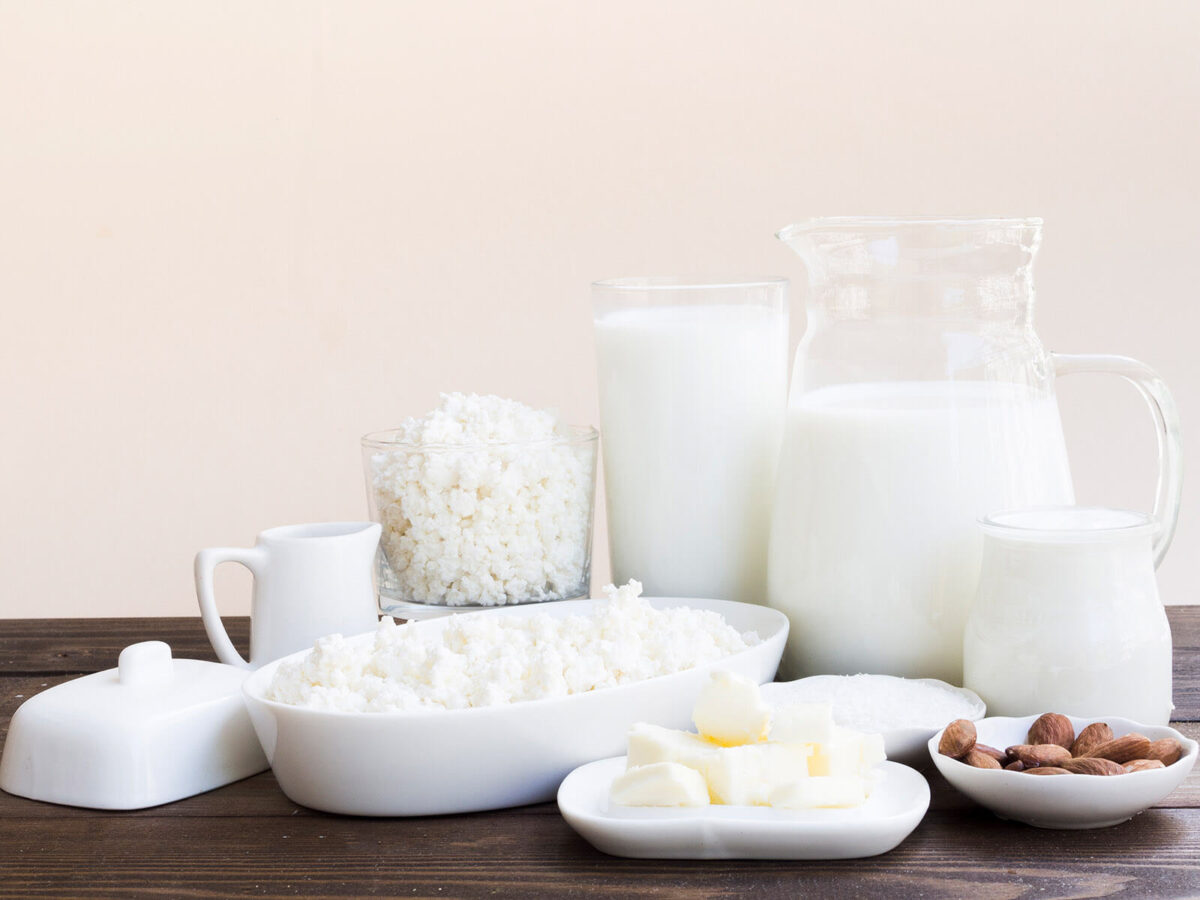River Walk Dental Orthodontics
Blog
Dental hygiene tips for healthy teeth & gums

Why No Dairy After Dental Implants?
Dental implants are often available for people who miss teeth because they have a natural and pleasing appearance on the mouth’s structure. Secondly, those who experience problems with two classes of teeth turn to dental implants. A person with a dental implant can be operated on a minor surgery. At the same time, the routine still has specific post-dural care to achieve the best results, and when it comes to dental care after the implants, you need to set in about food items, especially dairy products, but why? Why are there no dairy products after dental implants?
You should desist from getting dairy products after Dental Implants for several reasons.
Dental implant surgery involves the placement of titanium posts into the jaw bone, which needs adequate post-surgery management to heal well. Among the things that make patients curious are the post-implant recovery guidelines, which contain something as simple as avoiding dairy products. Now, let’s look at why such advice is given and discuss all the vitals of dental implant care with San Antonio Dentist TX.
Calcium and Antibiotics Interaction
Milk and dairy products contain calcium, which is essential for strengthening bone structures. However, some antibiotics issued after dental implant surgery prevent calcium absorption. Reducing dairy intake for a while also avoids possible engagements for antibiotics to perform their functions optimally.
Avoiding Discomfort and Sensitivity
Dental implant surgery is placing an alloy metal screw into the jawbone. Tasting dairy products right after the procedure could cause discomfort and sensitivity, especially because of the cold temperatures and the texture. To begin with, it is advisable to take softer foods that are usually served at room temperature.
Reducing Bacterial Exposure
The first stage in the wound healing process is decisive for the outcome of a dental implant. Consumption of dairy-rich foods, especially those containing live microorganisms, can contribute to introducing bacterial species into the oral cavity. To reduce the risk of an infection, a patient should avoid consuming dairy products throughout the early stages of the treatment process.
Minimizing Acidic Impact
Some of the milk products, such as yogurts, might be acidic. The effect of acids may result in inflammation of the operation area or break the coating that is likely to develop on the implant. This minimizes taking acidic foods to allow the body to have suitable conditions for healing to occur temporarily.
Restricted Foods to Eat After Surgery
It is important to avoid certain foods after surgery to prevent implant damage and promote proper healing:
- Foods with a hard texture, such as nuts, crisps, and popcorn, may place too much pressure on the implant area and cause harm.
- Some types of foods, such as candies or gums, are sticky, which makes it easier for bacteria to thrash and enhance infection rates.
- Seasonings like garlic, chili peppers, and hot sauce ought to be avoided because they cause irritation at the implant site and slow down the healing process.
- Foods that are spicy, like garlic, chili peppers, and hot sauce, should be avoided as they will irritate the implant site, thus delaying the healing process.
Some of these foods should not be taken to minimize implant loss or damage, gum problems, and a higher chance of infection. To achieve the implant’s desired long-term stability, the tissue must heal properly. Avoid hard foods that may compromise your jaw during your recovery period, and consult your dental professional.
Diet after Dental Implant Surgery
It is possible to mention the list of foods that are detrimental to dental implant healing. However, there are some better options for soft food recipes that can be taken into consideration:
Fruits and vegetables
They are ideal to consume after dental implant surgery since they are naturally formed, endowed with vitamins and nutrients, and do not hurt your implant. Dentists advise taking some soft fruits like berries, peaches, oranges, and other soft fruits. This is because cooked vegetables are advised to be used to avoid using raw vegetables with a juicier content and texture. Consumption of smoothies and soups is also encouraged.
Eggs
We have always heard that to be fully healthy, one needs to eat the right protein in terms of amount and type. Based on this, eggs are commonly recommended, they are quite soft to chew, can be prepared in different methods based on the desire of the consumers, and they are sources of protein and calcium.
Potatoes or potato dishes
Potatoes contain a lot of fiber, and other ingredients like cheese and sauce can be included to change or enhance the flavor. The masked potato is the most recommended method of taking the potatoes for the implant to be in its best form of wellness.
Broth-Based Soups
Using soup is the most healthy way of eating. When consuming the soup, one is supposed to ensure that the soup is hot but not boiling. The only fair thing about the soup is that it does not need to be chewed and is considered a source of protein.
Muesli and Wheat
Muesli and wheat, also called cooked cereals, ought to be part of the postoperative diet. Certain flavoring additives, such as honey, can be added to change the flavor.
Summing It Up
San Antonio Dental’s dental staff has a strong sense of dedication and passion for one another, our profession, and our patients. Every patient at San Antonio Dental is handled with dignity and the utmost respect, and we take great pride in providing opulent dental care.
Our skilled and knowledgeable dentists at San Antonio Dentist TX will take care of your dental requirements with our compassionate and professional dentistry if you need a dental implant in Texas.
